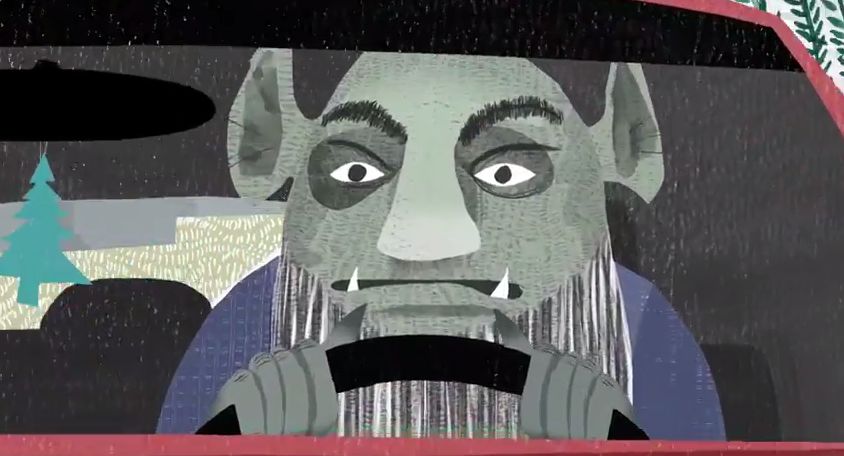
It’s been a while since I’ve written about a technology issue, but a recent article from Wired deserves widespread attention: We Can’t Let John Deere Destroy the Very Idea of Ownership. If you didn’t know that John Deere wasn’t out to destroy the concept of ownership, you’re not alone. But it’s actually not a very new argument. The idea is that you may be able to own physical property, but you can only license software. The trouble, of course, is that an awful lot of physical property does you absolutely no good without the software to run it, and so if you don’t own the software you don’t really own the physical property either. What good is a tractor you can’t turn on? Or a car that won’t drive? There’s a reason that the verb for utterly breaking a piece of hardware by destroying the software is “bricked” as in “to render an electrical gadget as useful as a brick.”
I encourage you to read the article to learn more: it’s mostly about the Digital Millennium Copyright Act and whether or not property owners will be guaranteed the right to modify, hack, repair, tinker, and customize their own devices. I’m also curious to hear from folks–especially law-folks–who might know a little bit more about this issue than I do. It’s not like ownership is actually always a trivial concept, and figuring out how to split the rights of consumers to their own property vs. the rights of companies to control their software is probably not going to be a no-brainer in all cases.
Still, the lengths to which John Deere, General Motors, and other corporations seem willing to go to seem like some weird hybrid of amusing and sinister.

